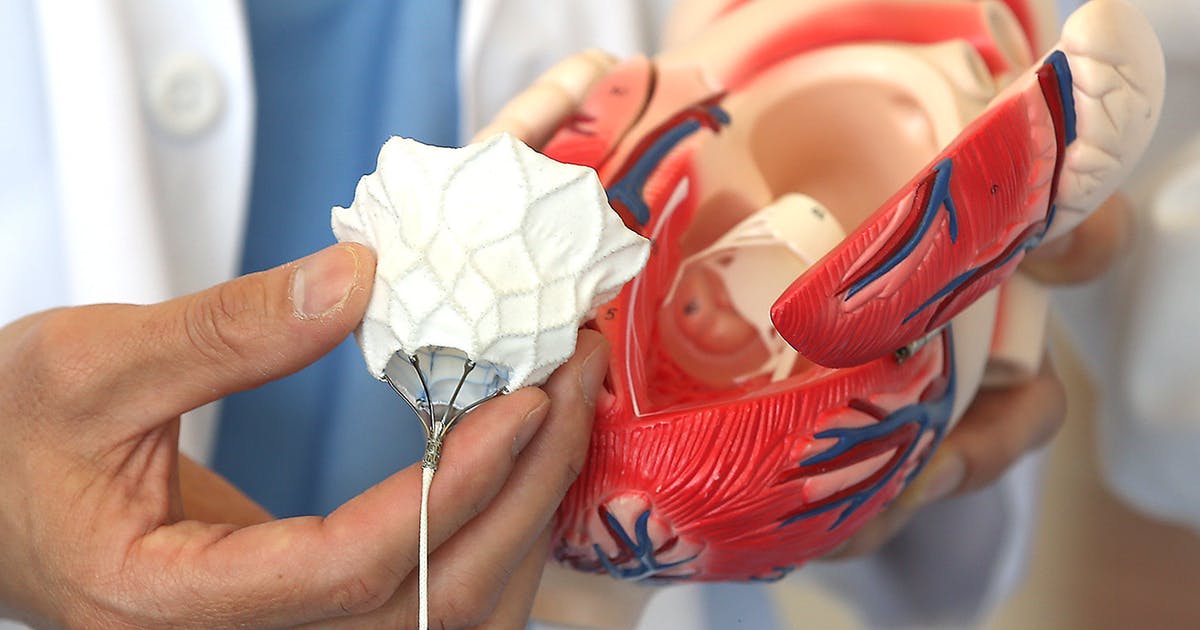Ways To Manage And Treat Heart Valve Disease
Heart valve problems are long-term or lifelong issues with the valves of the heart, and they may be present at birth or develop due to the natural aging process. The three major types of heart valve issues are atresia, regurgitation, and stenosis. Atresia refers to the complete absence of a particular heart valve, and regurgitation involves leaky valves that do not close properly. In stenosis, valves are hardened and cannot open properly to allow blood to pass through them. The heart has four valves: aortic, pulmonary, mitral, and tricuspid. Heart valve disorders can affect one or more valves. A diagnosis of heart valve disease begins with a medical history and a physical examination using a stethoscope. Extra tests such as electrocardiograms, echocardiograms, stress tests, MRI scans, and chest x-rays are needed for a complete diagnosis. Treatment is usually carried out by cardiologists. Cardiologists may recommend the lifestyle modifications and surgeries outlined below for their heart valve disease patients.
Heart Valve Repair

Heart valve repair is a surgical procedure that can be used to restore function in damaged valves, and doctors prefer to use this method instead of valve replacement if possible. Some types of heart valve disease cannot be treated with this surgery, but it is particularly effective for patients with regurgitation from the mitral or tricuspid valves. Some repairs can be done using minimally invasive approaches. For example, cardiac catheterization may be recommended in some cases, and an even less invasive procedure known as a balloon valvuloplasty may be appropriate for certain patients. Balloon valvuloplasty, also called balloon valvotomy, is generally most helpful for infants and children with stenosis. Patients are normally awake for catheterization and balloon procedures, and these operations require less recovery time than more invasive surgeries. However, patients may eventually need to have valve replacement operations.
Keep reading to learn more about treatment options.
Heart Valve Replacement

Heart valve replacement removes damaged valves and replaces them with either man-made or biological valves. Man-made valves are made of synthetic materials and usually last for a patient's lifetime without needing to be replaced. Patients who have man-made valves will need to use anticoagulants for life to prevent blood clots from forming on the new valve. Biological valves typically last ten to fifteen years and are often made of heart tissue from pigs or cows. Human heart tissue may also be used. Women who are athletes may wish to have biological valves to avoid the need for anticoagulants, and elderly patients may also want to use biological valves.
Heart valve replacement operations can be done using both traditional and newer surgical methods. If performed traditionally, a stay of five days in the hospital is usually needed, and recovery takes between six to eight weeks. Newer surgical methods use smaller incisions, which allow patients to spend between three and five days in the hospital, and recovery generally takes between two to four weeks. Newer methods are not suitable for all types of heart valve disease, and doctors will talk with patients about the most effective, safest procedure for their overall health and particular disease.
Keep reading for more on managing heart valve disease now.
